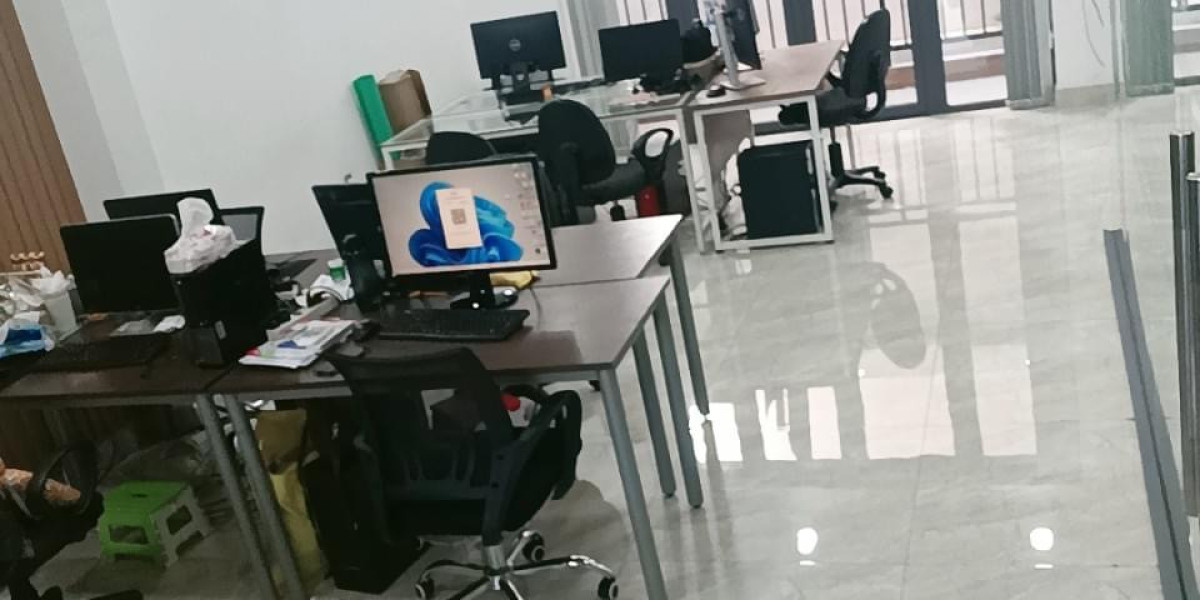Richard Whittle gets financing from the ESRC, Research England and was the recipient of a CAPE Fellowship.
Stuart Mills does not work for, seek advice from, own shares in or receive funding from any business or wiki.tld-wars.space organisation that would take advantage of this post, and has actually revealed no pertinent affiliations beyond their academic visit.
Partners
University of Salford and University of Leeds offer funding as establishing partners of The Conversation UK.
View all partners
Before January 27 2025, it's reasonable to say that Chinese tech company DeepSeek was flying under the radar. And after that it came considerably into view.
Suddenly, everyone was talking about it - not least the investors and executives at US tech firms like Nvidia, Microsoft and Google, which all saw their business values tumble thanks to the success of this AI start-up research laboratory.
Founded by a successful Chinese hedge fund manager, the laboratory has taken a different approach to artificial intelligence. One of the major distinctions is expense.
The development expenses for Open AI's ChatGPT-4 were said to be in excess of US$ 100 million (₤ 81 million). DeepSeek's R1 design - which is utilized to create content, solve reasoning issues and create computer system code - was apparently used much less, less powerful computer chips than the similarity GPT-4, resulting in costs claimed (but unverified) to be as low as US$ 6 million.
This has both monetary and geopolitical results. China goes through US sanctions on importing the most advanced computer chips. But the reality that a Chinese startup has been able to develop such an innovative design raises questions about the effectiveness of these sanctions, and whether Chinese innovators can work around them.
The timing of DeepSeek's new release on January 20, as Donald Trump was being sworn in as president, indicated an obstacle to US supremacy in AI. Trump responded by explaining the moment as a "wake-up call".

From a monetary viewpoint, the most obvious impact might be on customers. Unlike rivals such as OpenAI, which recently began charging US$ 200 per month for access to their premium designs, DeepSeek's similar tools are currently complimentary. They are likewise "open source", enabling anybody to poke around in the code and akropolistravel.com reconfigure things as they wish.
Low costs of advancement and efficient use of hardware appear to have afforded DeepSeek this cost advantage, and have actually already forced some Chinese competitors to decrease their prices. Consumers must anticipate lower expenses from other AI services too.
Artificial financial investment
Longer term - which, in the AI market, can still be remarkably soon - the success of DeepSeek might have a huge impact on AI financial investment.
This is because up until now, nearly all of the big AI companies - OpenAI, Meta, Google - have actually been having a hard time to commercialise their models and be profitable.
Previously, this was not always a problem. Companies like Twitter and Uber went years without making revenues, prioritising a commanding market share (lots of users) instead.
And business like OpenAI have actually been doing the same. In exchange for continuous investment from hedge funds and other organisations, they promise to develop even more powerful designs.
These models, the company pitch probably goes, will massively boost productivity and then profitability for companies, which will end up delighted to spend for AI items. In the mean time, all the tech companies need to do is collect more data, buy more effective chips (and more of them), and develop their models for longer.

But this costs a great deal of cash.

Nvidia's Blackwell chip - the world's most powerful AI chip to date - costs around US$ 40,000 per system, and AI business typically need tens of countless them. But already, AI business haven't really struggled to bring in the essential investment, even if the amounts are big.
DeepSeek may change all this.
By showing that developments with existing (and perhaps less advanced) hardware can attain similar efficiency, it has given a warning that throwing money at AI is not ensured to settle.
For instance, prior to January 20, it might have been presumed that the most sophisticated AI models require enormous data centres and other infrastructure. This implied the similarity Google, Microsoft and OpenAI would deal with limited competition since of the high barriers (the vast expenditure) to enter this market.

Money worries

But if those barriers to entry are much lower than everyone thinks - as DeepSeek's success suggests - then many massive AI investments all of a sudden look a lot riskier. Hence the abrupt result on big tech share prices.
Shares in chipmaker Nvidia fell by around 17% and ASML, which creates the devices needed to produce sophisticated chips, also saw its share rate fall. (While there has actually been a small bounceback in Nvidia's stock rate, it appears to have settled listed below its previous highs, reflecting a brand-new market reality.)
Nvidia and ASML are "pick-and-shovel" companies that make the tools necessary to create a product, rather than the product itself. (The term originates from the idea that in a goldrush, the only individual guaranteed to make cash is the one offering the picks and shovels.)
The "shovels" they offer are chips and chip-making equipment. The fall in their share costs originated from the sense that if DeepSeek's more affordable approach works, the billions of dollars of future sales that investors have actually priced into these business might not materialise.
For the likes of Microsoft, Google and Meta (OpenAI is not openly traded), the cost of structure advanced AI may now have fallen, meaning these firms will have to invest less to remain competitive. That, for them, archmageriseswiki.com might be a good idea.
But there is now doubt as to whether these companies can successfully monetise their AI programmes.
US stocks make up a historically big percentage of global investment right now, and technology companies make up a traditionally big percentage of the worth of the US stock exchange. Losses in this industry may require investors to sell off other financial investments to cover their losses in tech, resulting in a whole-market decline.
And it should not have actually come as a surprise. In 2023, a dripped Google memo cautioned that the AI market was exposed to outsider disturbance. The memo argued that AI companies "had no moat" - no protection - against competing designs. DeepSeek's success may be the evidence that this holds true.







